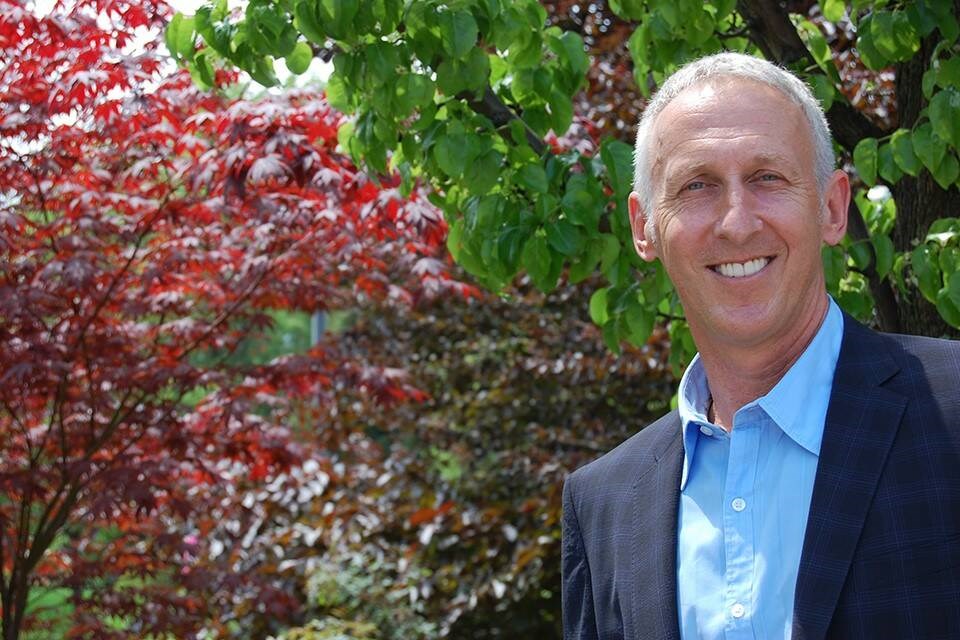A commentary by the president of the University of Victoria.
This has been a hard 18 months, filled with uncertainty and one revelation after another opening our eyes to realities in our communities, societies and personal lives. The adage about thinking globally and acting locally has rarely been more apt.
My time as the University of Victoria’s newest president has to this point been defined by the pandemic. I arrived at UVic eight months after the provincial government declared a state of emergency in March 2020 because of COVID-19. Ten months later, we are still affected by the pandemic every day.
But while there have been challenges aplenty, the pandemic has also highlighted for me the importance of partnerships between UVic and our local communities. These relationships bring us together to address the complex problems of these times we live in.
Together, we’re tackling some of our world’s biggest problems, right here in the capital region. When the research and expertise of our UVic academic team is combined with the knowledge and expertise of people who really understand their communities and the pressing problems that need to be addressed, great things happen.
An example: Managing for climate change. This summer’s notorious “heat dome” was an unsettling wakeup call on the urgent action needed on so many fronts. We know that the need to reduce emissions from our vehicles, homes and workplaces is critical.
UVic researchers Ralph Evins and Andrew Pape-Salmon are combining their computational and building safety expertise to provide evidence-based advice to the Greater Victoria 2030 District, a group of property managers and owners aiming to cut emissions from 37 buildings in the region with a combined footprint of 3.6 million square feet.
UVic engineers are working with Victoria-based Rainhouse Canada to support that company’s expansion into the electric vehicle and stationary storage market as part of an energy-security initiative funded by the B.C. government.
UVic biochemist Caren Helbing’s research testing for the bits and pieces of DNA that every living thing leaves behind as evidence of their presence is transforming our ability to identify and quantify creatures passing through local habitats.
In teaching labs and classrooms at UVic and across the country, universities are producing not just ideas, but another generation of highly trained and passionately engaged thinkers and innovators.
Our idea factories produce solutions for society, which can then be realized by community partners needing to tap into expertise and new tools for social, environmental and economic change.
Reconciliation is a focus for UVic. Our researchers are working with communities on Vancouver Island and across the country to expand language revitalization; support the co-governance of a First Nations water system; and increase access for Indigenous elders to homegrown traditional medicines and foods.
Few matters have taxed our communities’ resources and sense of wellness more than the opioid and overdose crisis.
UVic researchers worked across disciplines and in partnership with the community to develop a drug-checking pilot in 2019, which has since grown into a free and confidential drug-checking storefront open five days a week.
Universities are full of people looking for ways to make life better in virtually any realm that comes to mind — human health, the environment, the economy, our individual lives.
Our post-secondary institutions incubate ideas and launch scientific revelations and insights into social challenges into the world. They provide vital space where the past can be examined with new eyes, wrongs can be set right, arts supported.
Look inside a Canadian university and you’ll find multidisciplinary teams seeking ways to turn food waste into cheaper, greener biofuels.
Researchers getting a gene’s-eye view of plants to make more healthful foods that fight disease. Emerging technologies that will transform medicine and personal health, brought to you by chemists, materials scientists and biologists working together.
On campus, we call it “cross-disciplinary research and collaboration.” But in fact, it’s just the way of the world — complex, but full of possibility when you come together.
We’re emerging into an altered world post-pandemic — one where many of our complex problems have been revealed, along with our impressive ability to adapt and innovate. This feels like a time of transformational change for communities.
Let’s walk it together.



